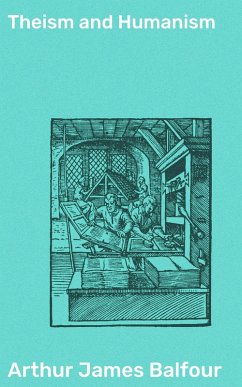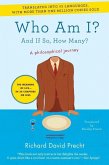In "Theism and Humanism," Arthur James Balfour engages in a profound exploration of the relationship between religious belief and human experiences. Written in a time of philosophical shifting'Äîthe late 19th and early 20th centuries'ÄîBalfour'Äôs work employs a rigorous analytical style, interweaving philosophical discourse with theological inquiries. He scrutinizes the nature of humanism in contrast to theistic traditions, arguing for a harmonious coexistence of both systems that transcends mere allegiance to dogma. Through eloquent reasoning, he articulates a vision that embraces the moral and ethical dimensions of humanism while acknowledging the spiritual impulses inherent in theistic thought. Arthur James Balfour, a prominent British philosopher, statesman, and Prime Minister, possessed a background rich in academia and public service that shaped his worldview. His experiences in governmental roles and engagement with contemporary theological debates influenced his perspective on societal values and the significance of belief systems. His philosophical inclinations stem from a desire to reconcile scientific advancements with spiritual understanding, making this work particularly resonant in an era grappling with modernity. Readers seeking an insightful examination of the intersection between faith and reason will find "Theism and Humanism" to be an invaluable resource. Balfour's analysis provides timeless reflections relevant to current discussions on morality, existence, and the nature of human fulfillment, inviting a rich dialogue that remains pertinent across disciplines.
Dieser Download kann aus rechtlichen Gründen nur mit Rechnungsadresse in A, B, BG, CY, CZ, D, DK, EW, E, FIN, F, GR, H, IRL, I, LT, L, LR, M, NL, PL, P, R, S, SLO, SK ausgeliefert werden.









